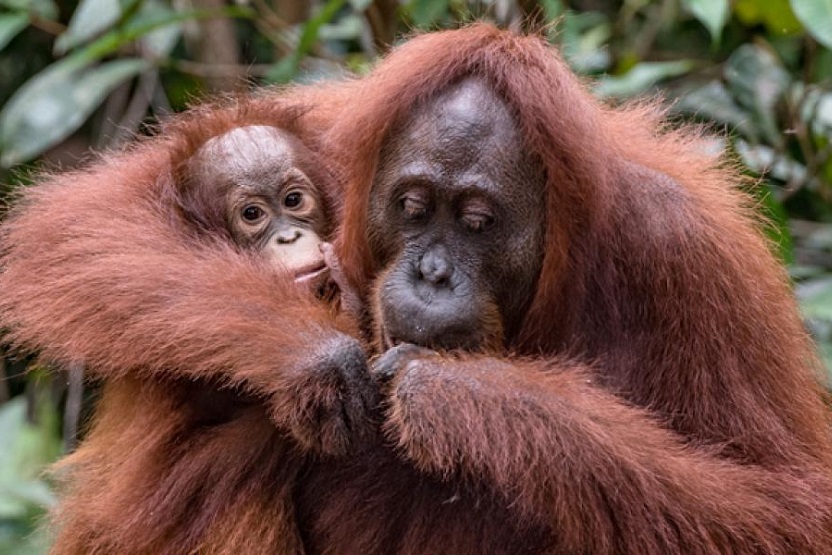How understanding animal behavior, including tool use, can shed light on human behavior and culture.

Drastic declines in biodiversity due to human activities present risks to understanding animal behaviors such as tool use, according to researchers from the University of Victoria and the Max Planck Institute for Evolutionary Anthropology. Shrinking animal populations make the study of these behaviors increasingly difficult, underscoring the urgency of targeted conservation efforts and inclusive conservation strategies. Action is needed not only for research, but also to respect our shared cultural heritage with animal species.
Our environment is changing rapidly, largely as a result of human activities, leading to a significant decline in biodiversity. According to researchers from the University of Victoria and the Max Planck Institute for Evolutionary Anthropology, this decline does not only affect animal life, but also our understanding of their behavior, including tool use.
"Cultural behaviors range from the songs of whales to the tool use of primates," says Ammie Kalan of the University of Victoria. "These adaptations to environmental change not only benefit the animals, but also provide important insights into the origins of behavior and learning across species. However, shrinking global animal populations pose a challenge to what we can still hope to learn."
Adaptability to challenges depends on the diversity of cultural behaviors, or the range of behaviors that animals can exhibit. Tool use, an important aspect of such behavioral adaptations, leaves physical evidence that facilitates scientific study. These material cultures, when paired with observed behavior, provide a unique opportunity to better interpret the archaeological record of extinct human species, where only stone tools remain as evidence of past behavior.
Preserving animals' cultural behaviors
"Non-human primates share a common evolutionary history with humans, and their study can provide important insights into our origins," says Lydia Luncz of the Max Planck Institute for Evolutionary Anthropology. "These uniquely complex creatures are threatened with extinction, highlighting the urgent need to protect and conserve them and their way of life."
Preserving cultural behaviors could be aided by digital technology, such as 3D scanning, which can replicate physical artifacts associated with animal behavior, or recording and analyzing sounds and songs made by different species. These are invaluable resources for future research and conservation efforts. Recognizing the value of these animal cultures could lead to more comprehensive conservation strategies.
As humans continue to significantly impact the environment, there's a growing need not only to protect our shared natural world, but also to recognize and preserve the richness of animal cultures. Recognizing this shared cultural heritage is critical not only for advancing scientific research and education, but also for emphasizing the interconnected life histories and survival strategies of all species that share this planet.


Comment